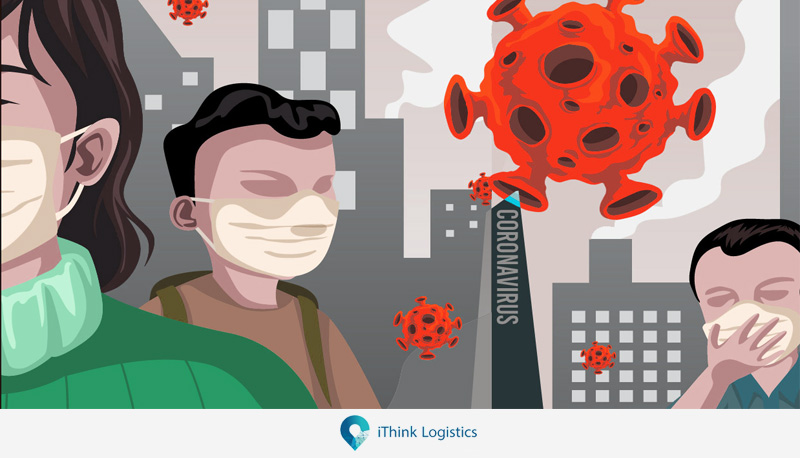What is Coronavirus?
Coronavirus, also known as COVID-19, is a large family of viruses that is capable of causing illness starting from the common cold to severe conditions like respiratory syndrome, kidney disease, etc.
According to the W.H.O, the disease is known to be zoonotic, which states that it is a virus that is transferred to humans through animals. The first traces of coronavirus that were found in humans, is stated to be transferred through civet cats and dromedary camels. Several known coronaviruses are circulating in animals that have not yet infected humans.
Symptoms of Coronavirus
Some common symptoms of coronavirus include fever, cold, cough, and shortness of breath. If left untreated, human bodies can also develop a severe condition that includes Pneumonia, acute respiratory syndrome, kidney failure, and even death
Preventions
Here is a list of Dos and Don’ts for You. Since there is not enough information about the virus, it is always better to stay safe. Prevention is better than cure, and here is what you can do to stay healthy. Read on…
DOs
- Wash your hands frequently for at least 20 sec. Don’t forget to use sanitizer before and after cooking, using the bathroom, sneezing, and coming from outside.
- Do your research on the symptoms like flu, cold, shortness of breath, etc.
- Do take precautions when you are out in the public. If you are below 18 or above 60, you need to be extra careful. In this age, you are more susceptible to the disease.
- Carry a mask and put it on if you see anyone sneezing, coughing or showing and similar symptoms.
- Avoid Crowded places and reconsider your visit to international countries.
DONTs
- Do not panic. Panic can increase your heart rate and can cause other diseases and wouldn’t have happened otherwise.
- Don’t self treat yourself. If you are showing signs of fever or flu, consider visiting a doctor before you take paracetamol or antibiotic. Ignoring minor symptoms can lead to something big.
- Do not touch your face, mouth, and nose. Doing so can cause the virus to enter your body.
- Do not use common towels, soaps, and handkerchiefs. Keep all the clothes washed and separated from other family members.
Precautions for Logistics and Supply Chains
If you are associated with logistics and supply chain, it is very important to keep an extra layer of protection to prevent the disease of spreading. International product shipping and exchange have high chances of bringing in the virus, so it is important to make sure that the products are sterilized before they are received. Various researches have shown that people in India who are affected with this virus have been somehow exposed to people who just completed an international tour. So here are few basic precautions that you must take while working in a logistics and supply chain sector.
- Handle shipments with care. Make sure every product is properly sterilized.
- Frequent disinfecting of the warehouses are important.
- Any employee showing mild signs of illness should not be allowed to handle product shipping.
- The delivery person must wear gloves and masks whenever they go for any delivery.
- Self-hygiene is important. Wear masks throughout the working day.
- Keep hand sanitizers. Use them frequently and especially during product handling
- Wash your hands every 20-25 minutes.
- Carry your own food and water. Avoid eating outside and do not share food.
- Frequent blood tests should be done to confirm the good health of an employee.
- Wear clean clothes every day.
- Uniforms should be properly disinfected
- Delivery trucks should be sterilized

